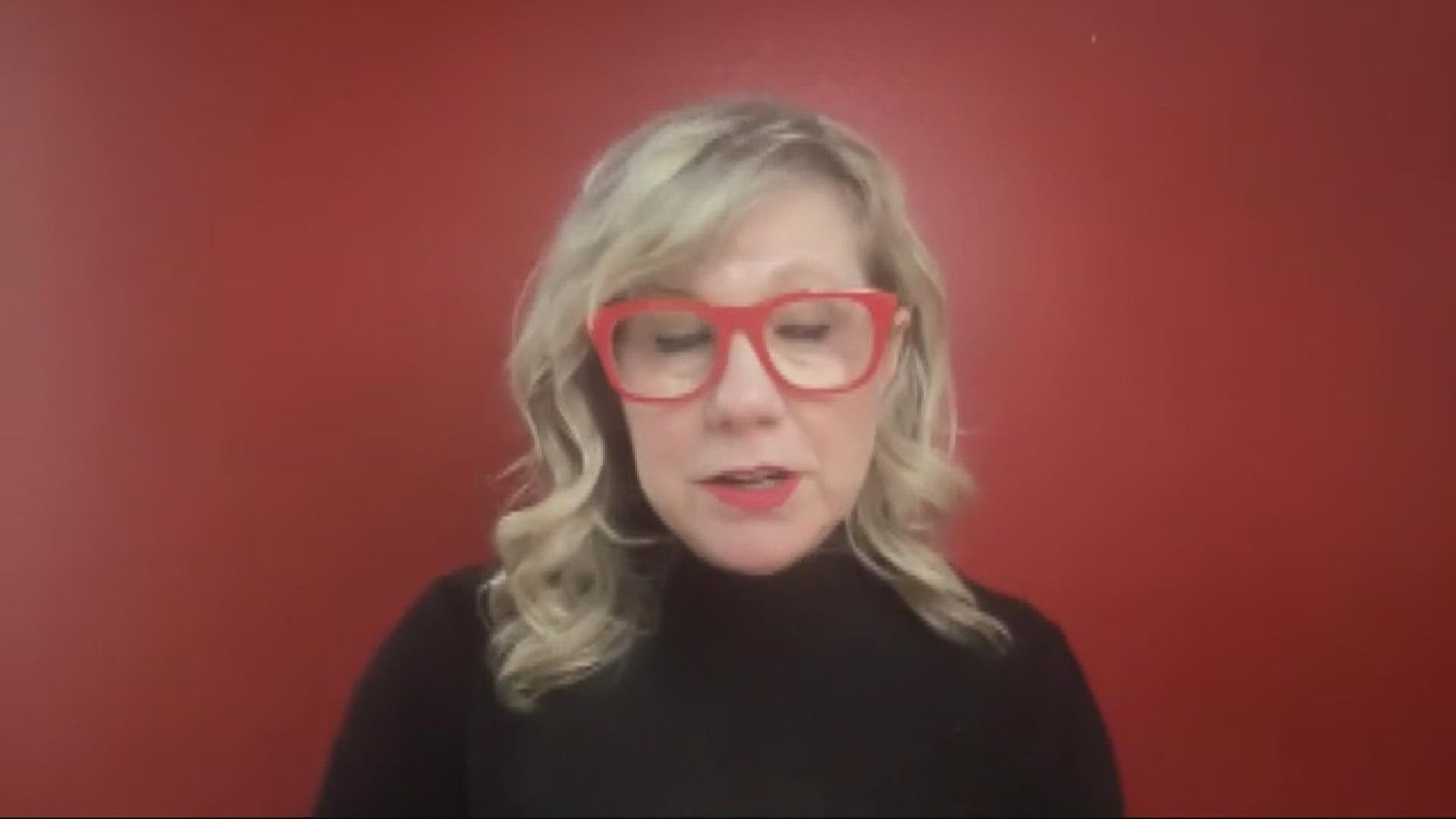PORTLAND, Ore. — The mass shooting at an elementary school in Uvalde, Texas last week is part of the broader issue of gun violence prevention and gun control in the U.S. As tough as it is to talk about, it's an issue many are trying to address.
KGW news spoke with a Portland psychologist and an associate professor who have expertise on the subject in different ways.
"We now know, even if we only look at the mass shootings that have been covered by the popular press, we know that they happen in every community." said Doreen Dodgen-Magee, a Portland psychologist whose outpatient practice deals with coping with grief.
This year alone, there have been more than 200 mass shootings in the United States. A mass shooting is defined as a shooting where four or more people have been shot. No part of the country, including the Pacific Northwest, has been immune from experiencing gun violence first hand.
As shootings continue, Dodgen-Magee said the impact reaches deep into communities.
"I think it's probably pretty difficult anymore for people to be able to say they don't know someone who has been impacted by gun violence as those numbers rise in our country." Dodgen-Magee said.
Michelle Barnhart is an associate professor of marketing at Oregon State University. She and a colleague have studied gun violence for the past six years as it relates to marketing.
"Guns are a huge product. There's a lot of marketing that happens with guns," Barnhart said. "It's the only consumer product in the United States that is constitutionally protected in terms of actually being able to consume it."
Topics in her research include talking with gun owners about carrying or owning guns and looking at how they can minimize risk by keeping a gun in their house.
"The big takeaway is they recognize a tremendous amount that they are taking additional risks by having guns," Barnhart said. "When you talk to gun owners, the notion of a responsible gun owner is very prevalent. Everyone you talk to that owns a gun will tell you they are a responsible gun owner."
Another topic in her research includes how much people understand the Second Amendment.
"Not unlike a lot of things in the country, we see vast differences in how people understand the Second Amendment and what it means for morality," Barnhart said. "If it's a moral duty to carry a gun around and protect your fellow citizens, or if that is something that should be entirely reserved for police."
Among the topics she looked into included the various marketing efforts of gun violence prevention groups.
"Changing consumer behaviors, so educational programs to try to store their guns properly, or kind of the 'see something, say something' kind of programs to identify threats before they turn into disasters."
When it comes to coping with stress after mass shootings, Dogden-Magee said it's OK to disconnect.
"Learning some deep breathing techniques, like learning to pause even after we hear a big news story. Instead of just binging on all the details we can find about that story and taking a pause and coming back into ourselves," Dogden-Magee said.

